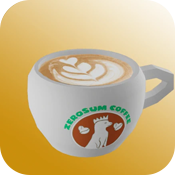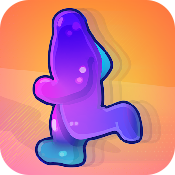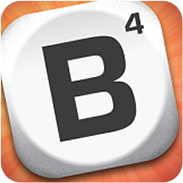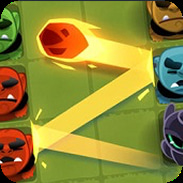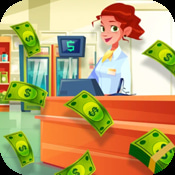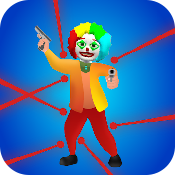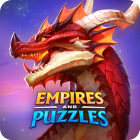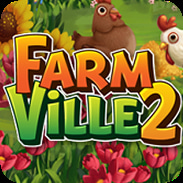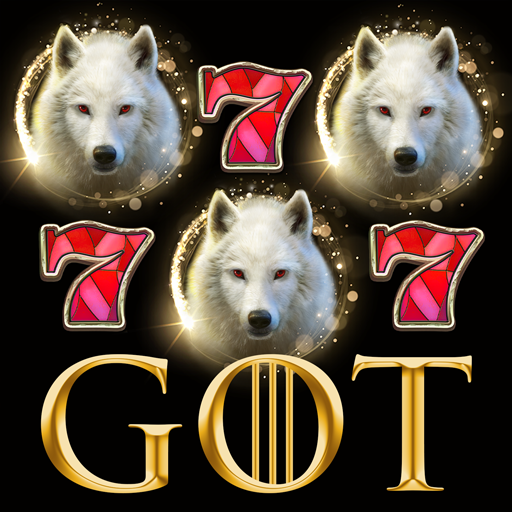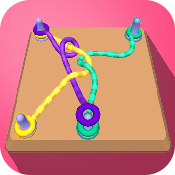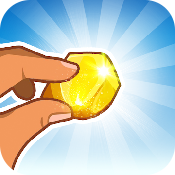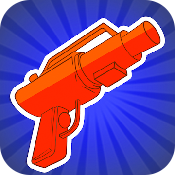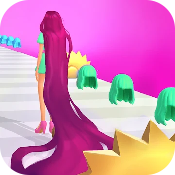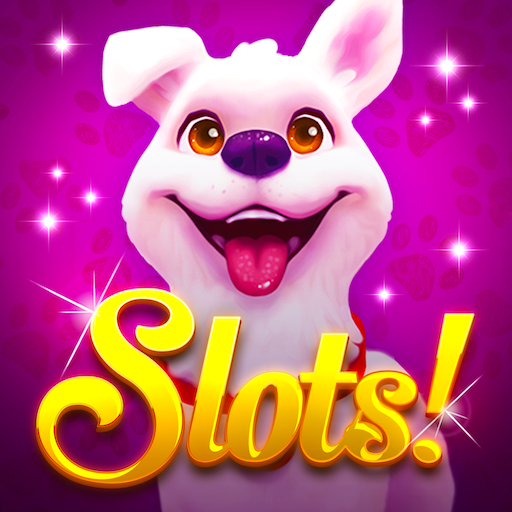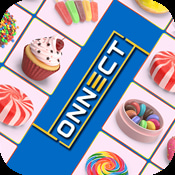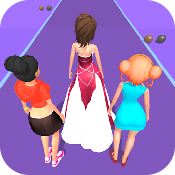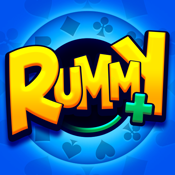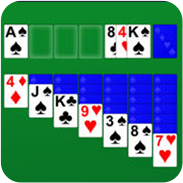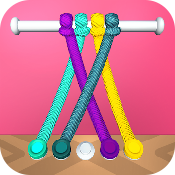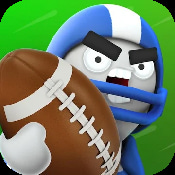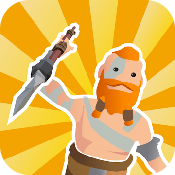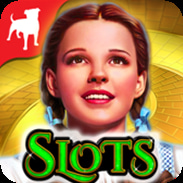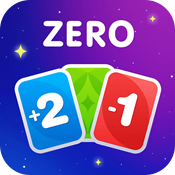Pride Month Employee Spotlight: Renee Wooten (he/they)
As we celebrate Pride Month in June, Zynga is proud to spotlight members of zPride, an LGBTQ+ employee resource group of more than 300 participants. Since 2010, zPride and their allies have been collaborating together to create a more inclusive and welcoming environment in gaming and beyond. We are honored to share their powerful narratives as they reflect on their personal journeys and discuss how they are creating affirmative spaces for everyone to show up as their authentic selves.
For today’s spotlight series, we sat down with Renee Wooten, an openly transgender and neurodiverse Feature Producer at Zynga. He is also a Learning & Development co-lead for zPride. Renee hopes his transparency will inspire others who may not see themselves openly represented in the games industry.

Tell us what you do at Zynga and what you do for fun outside of work.
I’m a bit of a hybrid Feature Producer and Live Ops Producer at Zynga. I primarily manage our cadence features, like events, and facilitate any necessary adjustments that the Live game needs to provide the best experience for our players!
In regards to my involvement with zPride, I get to work alongside our excellent leadership team to put together events for our peers to learn more about queer perspectives and challenges. We’ve coordinated speaker opportunities, interactive experiences, community recognition and awards, and documentary screenings for us to discuss as a group. Our goal is to help each other understand, respect, and celebrate our differences – by recognizing harmful biases, providing support on how we can all work together, and learning about other experiences – so we can safely be our authentic selves.
Outside of work, I really enjoy being outdoors, surrounded by nature and away from city noise. I also love listening to live music, ranging from alternative rock to pop. When I’m indoors, I like playing a variety of games between platformers, role-playing games, and tactical games.
What would have been helpful for you to see in gaming when your personal identity was first taking shape?
It would have been valuable to see a more realistic portrayal of women in regards to personality and independence. Since the majority of my life was through the lived experience as a woman, there was a lot of discomfort with how women were portrayed in media that enforced stereotypes and contributed to internalized misogyny within myself as I developed through my teenage years.
Thankfully, as I understood and accepted more of who I am and the complexities that women experience, my relationships with others and myself improved tremendously. Seeing more independent and strong women being portrayed throughout the media is refreshing, and it has a huge positive impact on correcting the negative bias against women as a society.
Who or what inspired you to pursue a career in the gaming industry?
Shigeru Miyamoto is a huge inspiration for me because of how he creatively transformed his childhood lens into great adventures through video games! I also witnessed flip phones advance into touch screens, and how this could make different media more accessible to a broad range of people with the potential to assist those who have mobility challenges.
How do you think your identity as a queer game maker influences your approach to game development?
Compassion. My identity provides a sensitivity to harmful stereotypes, allowing me to bring attention to alternatives and to encourage brainstorming with a more inclusive approach. Also, just being aware that everyone’s lived experiences are different, even if we all are living with the human condition. Understanding and compassion allows for a space to discuss potential pitfalls or identify lack of representation.
How has the gaming industry evolved in terms of its representation of queer identities?
The fact that I can do this, right here. I can openly be myself and outwardly express it without fear of losing my job. Companies are increasingly becoming aware of differences while enforcing an environment that doesn’t compromise safety and making an effort to bring diverse voices to the table. This evolution is apparent in the growing number of Employee Resource Groups (ERG) across this industry. ERGs form a sense of community and safe space for celebrating our unique differences, while also encouraging authentic allyship for those who want to better understand those experiences in the workplace.
What are your hopes for the future of the gaming industry in terms of representation and inclusion of queer identities?
As tech is constantly evolving, I hope companies will keep in mind the value and skills each individual brings to the workplace and not be limited by the stereotypes they may see in the media. Ideally, this would allow marginalized folks to see themselves throughout every rank of possibility and provide further innovation by continuing to recognize the limiting decisions made out of the discomfort of change. It will naturally become more comfortable the closer we get to genuine equity and inclusion, but change will not happen without intention.
What advice would you give to someone looking to make a difference in the gaming industry?
Lead with good intentions. Everyone is constantly learning and evolving, so it’s impossible to always get it right, but that doesn’t mean every misstep is malicious. If we assume harmful intentions, we miss the opportunities to contribute to sustainable solutions. Not every “battle” is worth fighting, and most of the time your energy would be more suitable elsewhere. Stay true to yourself, but make sure to not lose sight that you are also still learning and completely teachable as well.
Learn how Zynga is celebrating the LGBTQ+ community year-round by visiting https://www.zynga.com/playwithpride.

